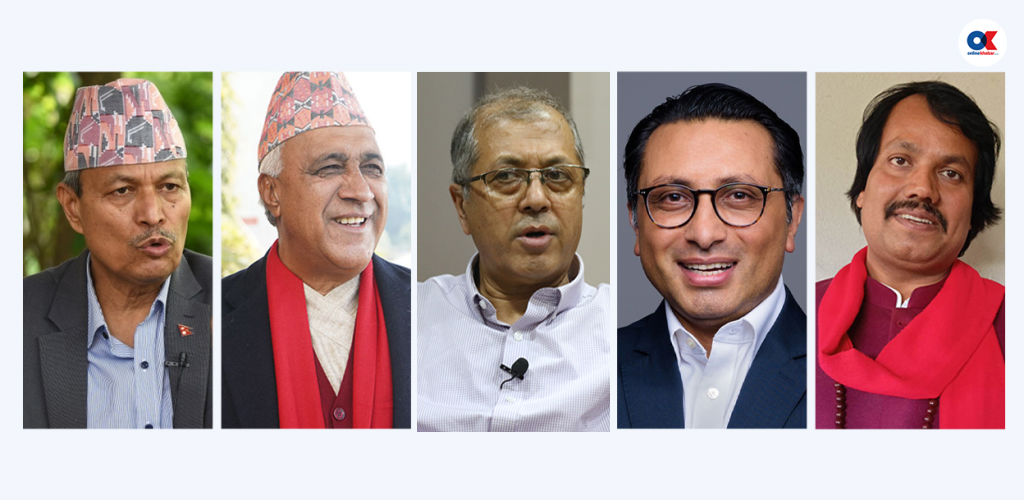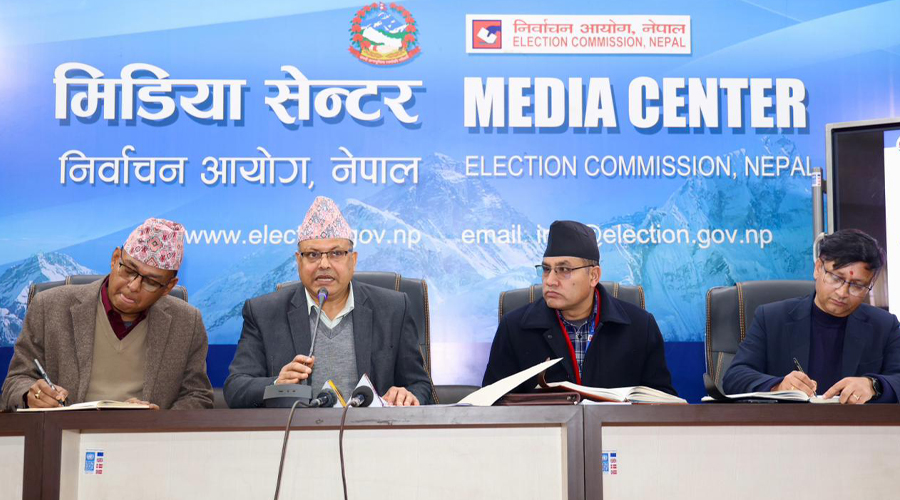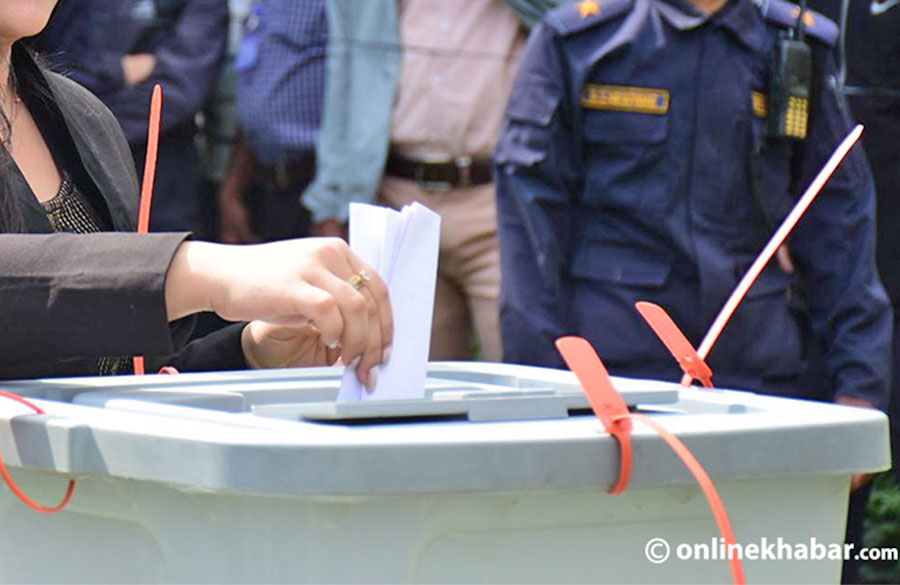With an agreement among three major leftist forces of the country that was signed in Kathmandu yesterday, opinion makers in the Nepali press have concentrated on reasons behind and implications of their partnership in upcoming provincial and federal parliamentary elections and likely unification after that.
Three broadsheets—Annapurna Post, Nagarik and Naya Patrika—have published major opinion pieces on the issue.
Likewise, various contemporary political, social and economic issues have also received attention of the editors today.
Questions on leftist alliance

Krishna Murari Bhandari in his lead article for Annapurna Post raises questions over foundations of the agreement signed among CPN-UML, CPN-Maoist Centre and Naya Shakti Party Nepal for unification. Suspicious of the sustainability of the leftist alliance, he argues that the parties have not clarified the purpose behind their unification.
“Is this unification planned for constructing a democratic system or a communist system? Is it for Russian Classical Socialism or Chinese Socialism? The foundations and aims of their unification should be studied while we welcome the unification,” he writes, “If the two parties have united on constitution amendment, relationship with India and China among other countries, natural resource mobilisation, promotion of industry and commerce and to untangle complications related to the future of around five million youth working abroad, this move can give a new direction to the country.”
Kundan Aryal’s lead article for Nagarik also echoes Bhandari and adds, “The call for unity among leftist forces seems beautiful; but answering why the Maoist party took such a long time to reach this point after passing through a large labyrinth is equally obscure.”
UML leader Bharat Mohan Adhikari has defended the move in his piece for Naya Patrika. He says the unification between two biggest leftist forces of the country will begin a new journey towards a new era and it will ultimately give a facelift to Nepal. “The need of the hour is a broader unification among parties with similar agendas and the new alliance will fulfill it for sure.”
Against privatisation of health and education services

Medical education reform campaigner Dr Govinda KC, in Kantipur, has written about negative impacts of some new legal provisions in the health and education sector. His article argues that the state should bear the responsibility to ensure citizens’ right to health and education as they have been defined by fundamental rights by the constitution; therefore the state should not handover management of health and education sector to the private sector as traders may make various compromises in services to the people for their monetary benefits.
He has criticised three major political parties for agreeing to pass a controversial amendment to the Education Act letting temporary teachers, mostly appointed through political connections, enjoy a wider reservation in recruitment of teachers of community schools.
He says the move is ironic as our constitution is socialism-oriented and all major parties embrace socialism and communism.
“Therefore, leaders of the parties should be asked as they are approaching major elections: is your guiding principle socialism or communism or anarchism? Do you want to establish democracy or kleptocracy in the country?” he concludes, “The state belongs to citizens and no one has any right to seize or rob it from people.”
Immediate need of administrative restructuring

Government of Nepal’s Secretary Gopi Nath Mainali in his piece for Nagarik has argued that the government and major political parties should make immediate efforts to ensure that the administrative setup of the country be restructured at the earliest so as to fully implement the political restructuring envisaged by the 2015 constitution.
Extending his suggestions on various provisions on the bill on staff adjustment that is currently pending in Parliament, Mainali says, “Citizens want to solve their day-to-day problems as soon as possible and to secure their future. We cannot take the state services to the public without restructuring the administrative mechanisms which implement wishes of the state.
Meanwhile, Mainali has also listed out three challenges in the process of such restructuring: I) staff readjustment; II) selection of administrative leadership at local and provincial levels; and III) adjustment of staff currently working under existing local levels. Then, he has extended suggestions for solving each issue turn by turn.
























